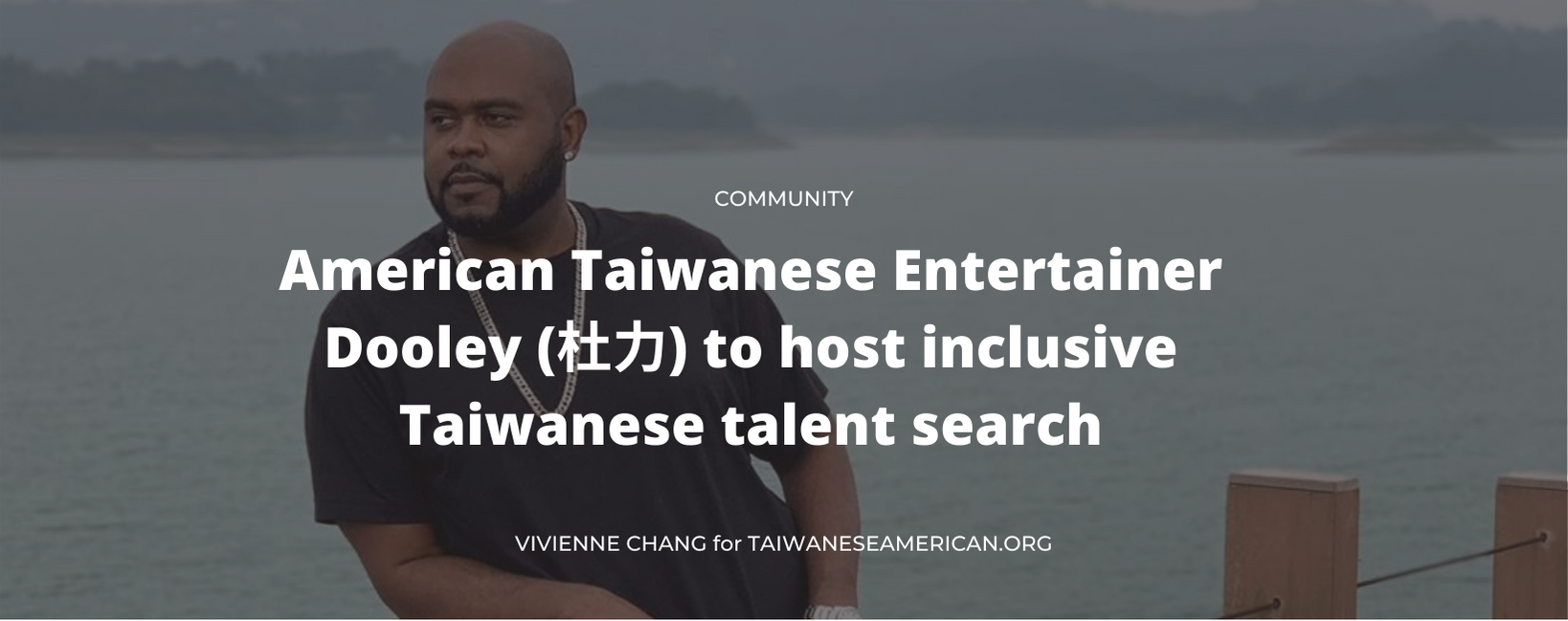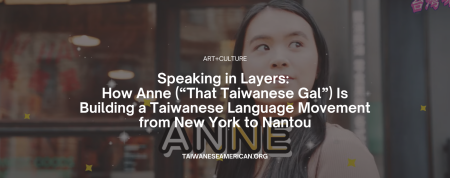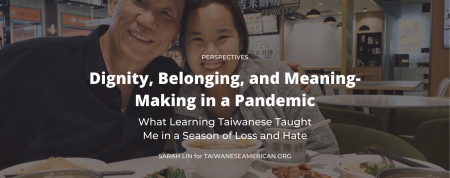
Taiwanese identity is contested, challenged, and complicated for a variety of reasons. Its ongoing interrogation, though, presents a ripe opportunity to further challenge our own assumptions about belonging and personal choice. The people of Taiwan are not simply the indigenous, benshengren, or waishengren. They include expats, more recent migrants, foreign exchange students, and more. And, interestingly, the concept of Taiwanese identity has become less tethered to race and ethnicity, and more…
Read More »










